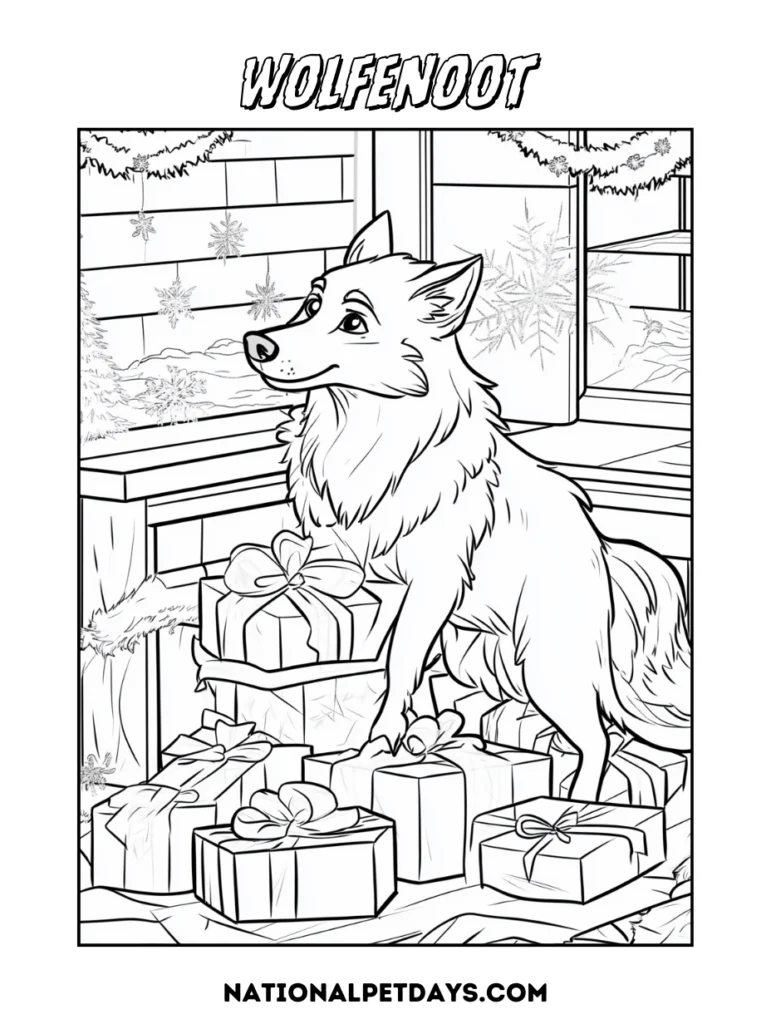Santa May being presents to all the good little boys and girls each December, but in November those who have given the gift of kindness to a dog may find a special present hidden in their house by the Spirit of the Wolf.

What is Wolfenoot?
By creatively combining compassion and canines, the imagination of a seven-year-old boy from New Zealand concocted Wolfenoot, a pet holiday that celebrates all of the members of our pack, be they people, pooches, or both.
The tale claims that the Spirit of The Wolf leaves small presents hidden in all houses on one night in November, with those who have, or had, a canine companion or who has shown love to a dog receiving the best gifts.
When the boy’s mother posted about Wolfenoot on Facebook, the idea of celebrating the Spirit of the Wolf resonated with readers, making the post go viral.
When is Wolfnoot?
Since its launch in 2018 animal lovers have celebrated the Spirit of the Wolf on November 23rd.
How Do I Celebrate Wolfnoot?
If you are “Hungry Like The Wolf,” dig into a meat-themed meal like a canis lupis (or enjoy vegetarian fare, if you like), topped off with a cake in the shape of a full moon.
Kindness is the main focus of Wolfenoot, and participants can show dogs and/or wolves how much they care by:
- Giving a gift of pet supplies, funds, or your time to your local animal shelter or rescue organization.
- Sending a donation to a wolf sanctuary.
Similarities Between Dogs and Wolves
As a predecessor of our canine companions, it is only fitting that a wolf would reward those who care for, and care about, its descendants. The wolf and the dog have much in common:
- At 98.8%, their DNA is almost identical! The Nordic Spitz group, which includes Huskies, Malamutes and Samoyeds, share the most DNA with wolves. However, dog devotees might be surprised to know that the Shih Tzu is also among the breeds most closely related to the wolf!
- Both rely on their instincts.
- Just as dogs like to live in a pack consisting of either fellow dogs or humans, wolves also live in a close-knit community composed of their family members.
- Although dogs are now domesticated and no longer need this skill, canines still retain the ability to hunt in the manner of a wolf, using teamwork, patience and the prowess to sneak up on their target undetected to capture prey.
- Both dogs and wolves have a life expectancy of approximately 12 – 14 years.
